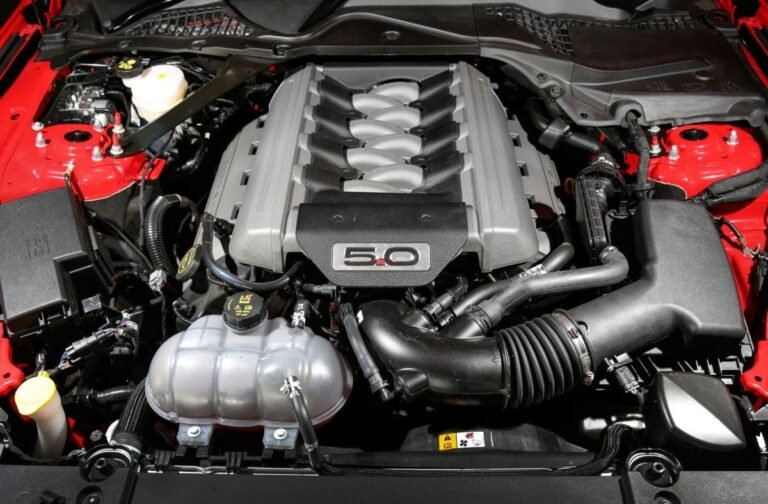

- Massachusetts’ new junk fee transparency rules officially took effect on September 2.
- Car dealerships are mostly exempt due to older state-level advertising law provisions.
- Dealers must still avoid misrepresenting fees and comply with rules on subscriptions.
Buying a car from a dealer is one of the least liked retail experiences in America. Part of that dissatisfaction is the industry norm of tacking on junk fees. Massachusetts just saw new transparency rules go into effect to clear some of those fees up. Sadly, it seems as though dealers won’t have to change much at all.
After pressure from dealer lobbying groups, the state cut out provisions to let them keep doing what they do.
Read: Dealers Scramble To Block Direct Sales, But Will They Stop The Inevitable Shift?
The new regulations, championed by AG Andrea Campbell, target hidden or ‘drip’ fees across industries like hotels, concert ticketing, and online shopping. Businesses have to advertise a product’s total price, including all mandatory charges aside from government taxes and shipping. In addition, they have to flag charges that are optional.
Where Dealers Stand

Dealers didn’t love that idea. For decades, they’ve been subject to state motor vehicle rules prohibiting price ads that exclude freight, handling, prep, or doc fees. In a way, most dealers are already aligned with these new standards. That said, dealers don’t get a free pass across the board.
The fresh regulations prohibit businesses, including dealerships, from misrepresenting fees as required by law when they’re not. They also add requirements around trial offers and so-called ‘negative option’ billing, recurring charges that kick in unless the customer cancels. Industry attorneys say the carve-out for dealers is sensible.
Industry Perspective
“It’s kind of a no-brainer,” said Hudson Cook partner Thomas Quinn to AutoNews, noting that satellite radio subscriptions bundled into a car sale would fall on the provider, not the dealer, for compliance. Finance and insurance products, usually prepaid in a loan, aren’t structured as negative options either.
Robert O’Koniewski, executive vice president and general counsel for the Massachusetts State Automobile Dealers Association, said that the original plan was “very onerous against dealers.” Now, he’s happy saying that the state did “a very good job,” listening to what the lobby wanted.
At this point, we’ll have to wait and see if the customer experience improves, suffers, or stays largely the same in the Bay State.

